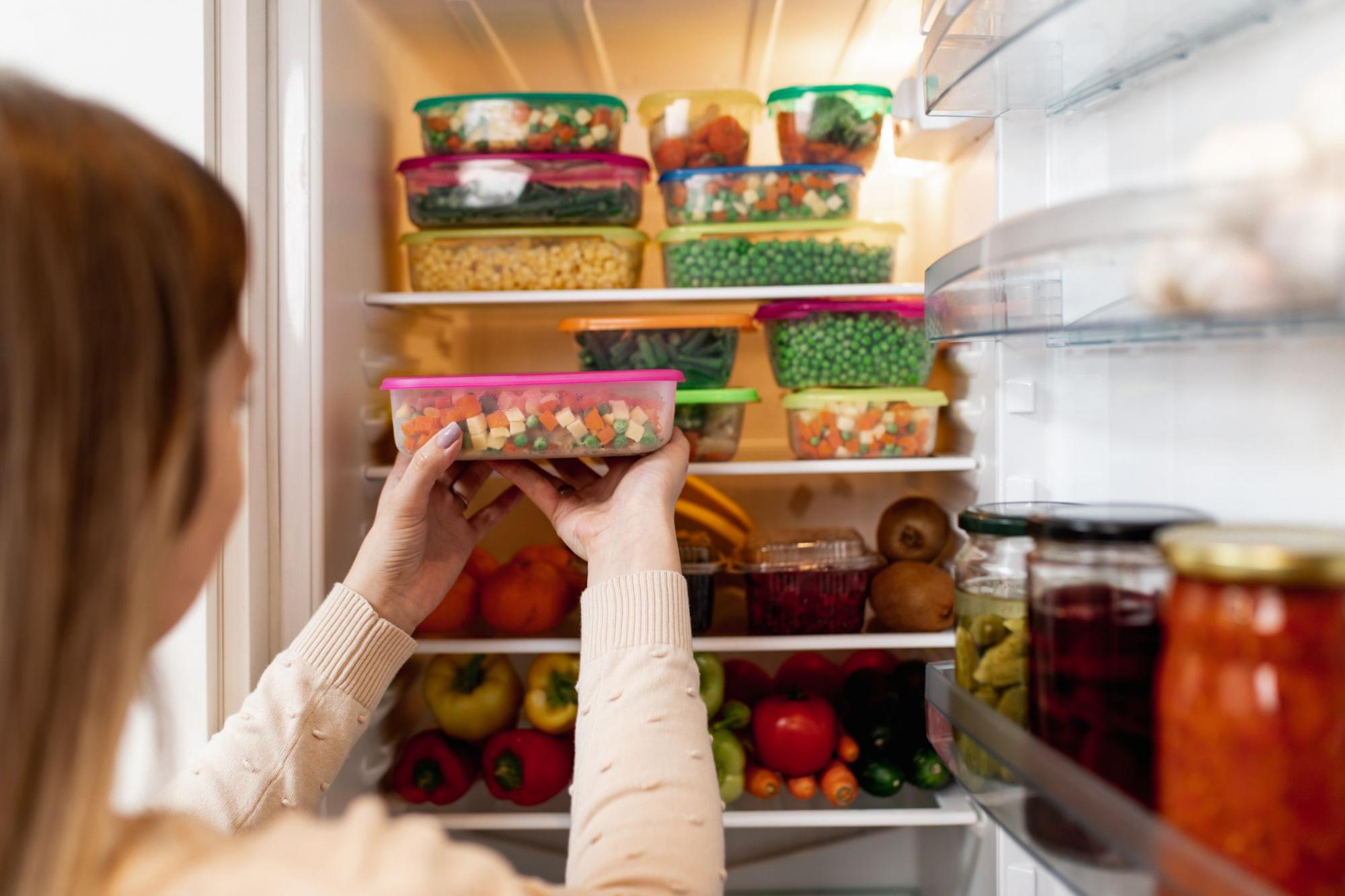Food safety - How long can you keep those holiday leftovers?
 Photo: A handy guide to leftover shelf life (GettyImages)
Photo: A handy guide to leftover shelf life (GettyImages)
Proper storage and handling of holiday leftovers are crucial to avoid food poisoning, as emphasized by experts in light of recent foodborne illnesses and outbreaks in Canada. Follow specific guidelines for storing and consuming leftovers to ensure safety and prevent disease, according to Global News.
Proper storage and handling of holiday leftovers are crucial to avoid food poisoning, as emphasized by experts in light of recent foodborne illnesses and outbreaks. Follow specific guidelines for storing and consuming leftovers to ensure safety and prevent disease.
Holding onto leftovers for too long, despite the temptation to save them, can result in negative health effects. Ignoring food safety guidelines can cause symptoms like nausea, vomiting, stomach pains, diarrhea, and potentially even a fever.
Ensure food safety
Proper storage of leftovers is crucial for food safety, as emphasized by microbiologist Jason Tetro. He highlights the importance of cooling cooked meals promptly to prevent bacterial contamination, which can occur through touch.
Tetro advises storing leftovers in a refrigerator or freezer at 4°C or lower temperatures to inhibit bacterial growth. Additionally, he recommends not using the original purchase containers for serving food to avoid introducing human bacteria.
 Storing food in the refrigerator (Photo: Penang International Halal Expo & Conference)
Storing food in the refrigerator (Photo: Penang International Halal Expo & Conference)
Using washable containers for serving helps maintain the cleanliness of the original packaging. Health Canada recommends washing hands with hot, soapy water before and after handling leftovers for optimal safety.
Leftovers shell life
After being stored in a cool environment, leftovers generally remain safe to consume for two to five days, depending on the type of food. According to Jason Tetro, meat can be kept for approximately five days and reheated to 70°C.
However, he suggests considering disposal after three days. Signs of spoilage in meat include a slimy texture, while vegetables may show white or green spots indicating fungal growth. Although reheating can kill bacteria, some produce heat-stable toxins that can still cause illness.
![]() Storing food in the refrigerator (Photo: Food & Wine)
Storing food in the refrigerator (Photo: Food & Wine)
Health Canada suggests that vegetables, eggs, and stews are safe in the fridge for three to four days, whereas soups should be discarded after two to three days. For longer storage, freezing is an option: meat and vegetables can be frozen for up to three months, while poultry, fish, meat broth, gravy, and soups can last up to four to six months in the freezer.
Avoiding contamination
Jason Tetro advises against attempting to save spoiled food after a few days. While it might seem feasible to trim around solid foods like bread or overcooked turkey, the bacterial contamination could be more extensive than it appears.
Tetro warns that even if visible colonies are present, a significant amount of bacteria can still be undetectable to the naked eye, which can cause illness.
Food safety
The emphasis on leftover safety has arisen from several salmonella outbreaks, and food recalls involving items like cantaloupes, ice cream, and certain mushroom brands this year.
These incidents have led to six deaths and numerous cases of illness, highlighting the need for careful food handling and storage practices, particularly during the holiday season when leftovers are abundant.
Also, we recently wrote that while the specifics of the traditional Christmas meal can vary greatly from one place to another, the common thread is the indulgence in a celebratory feast, whether on Christmas Eve or Christmas Day.

